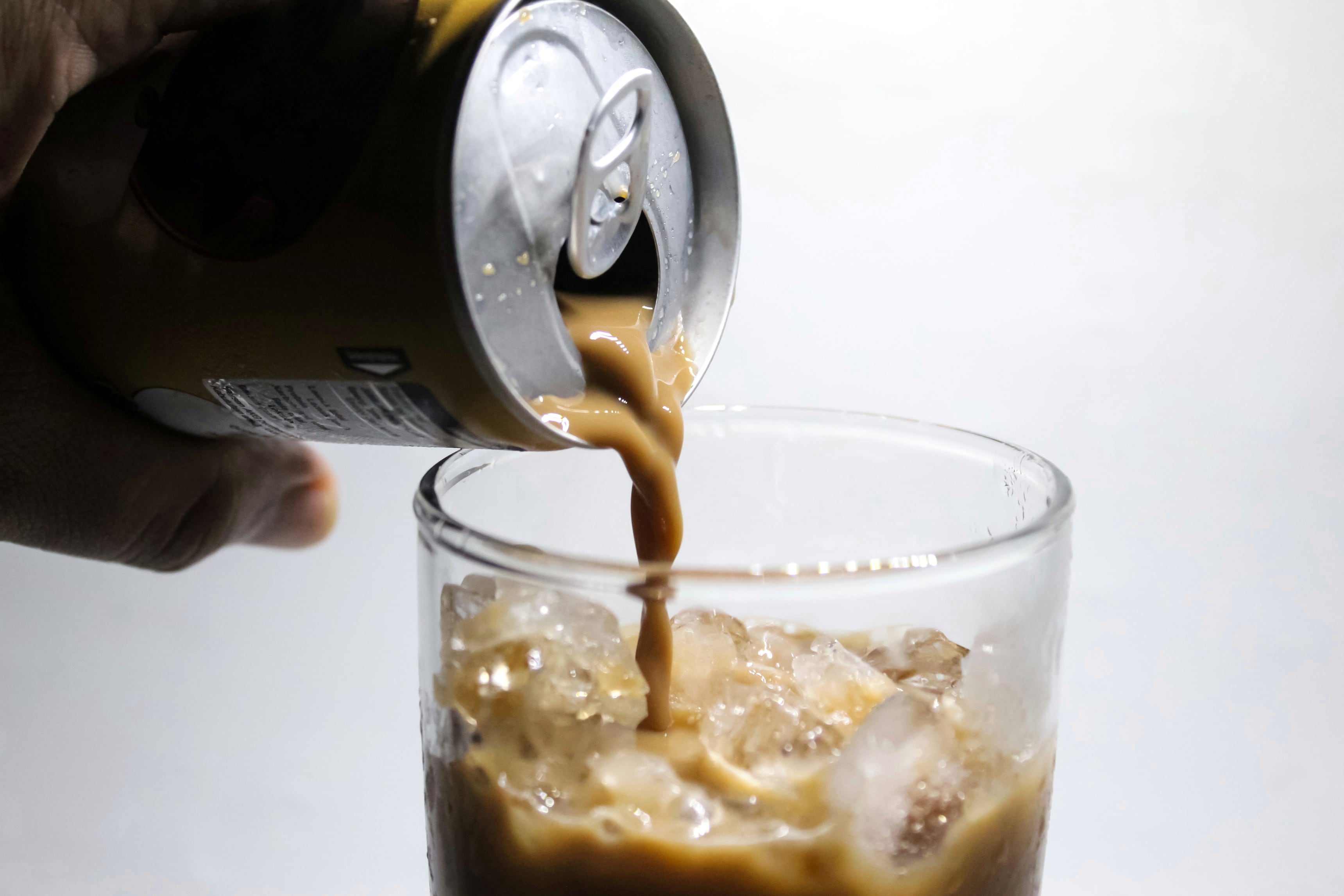The Department of Health and Social Care this morning issued the response to its consultation, which ran from 28 April to 21 July 2025, which set out the case for reform of the levy to drive further soft drink sugar reductions.
The UK Government said it has carefully considered over 170 consultation responses.
There has been concerns about the extent that the Government would extend the levy when the original consultation was launched.
The Government said it will reduce the current lower threshold at which SDIL applies from 5g of total sugars per 100ml to 4.5g of total sugars per 100ml.
It said this “strikes the appropriate balance” between supporting health objectives and fostering conditions that allow the soft drink industry to continue to grow and invest. It said it has also listened carefully to feedback received on the technical challenges involved in reformulating products to below 4g sugar per 100ml.
It is also planning to remove the current exemption for pre-packaged milk-based drinks with added sugar, with a ‘lactose allowance’ being introduced to account for naturally occurring sugars in milk.
It says it expects to raise between £40 million to £45 million through sugar tax changes.
It will be introducing a tax incentive for the producers of these drinks to reduce sugar in their recipes.
The Government said it will remove the exemption for milk substitute drinks with added sugar. This will bring plant-based drinks with added sugar into scope of SDIL, should they contain 4.5g or more total sugars per 100ml. However, it will exclude milk substitutes without added sugar from SDIL.
The Government said it has considered representations from industry about the reformulation challenges associated with the implementation date (1 April 2027) proposed in the consultation.
It said: “The government also acknowledges that the soft drinks industry will be working to deliver the new Deposit Return Scheme up to and within 2027. Taking this into account, the government has extended the proposed implementation date by 9 months to 1 January 2028. This will allow over 2 years for reformulation from the point at which policy is confirmed (now).”



